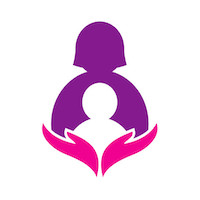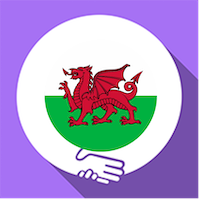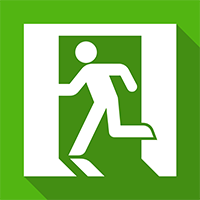The Management of Health and Safety at Work Regulations 1999 requires all employers to undertake Risk Assessments appropriate to their business.
Our online Risk Management tool produces a comprehensive Dance or Drama School Production Risk Assessment (England) suitable for Dance or Drama schools staging a production in a local theatre or school hall and is written for the purposes of applying for your BOPA license, Child Performance license, meeting your Local Authority or Venue requirements.
- Manual Handling - lack of training and/or incorrect handling/lifting
- Production Vehicle Movement (loading/unloading)
- Viral Illnesses (where applicable)
- Complaint/Conflict with Public
- Criminal Activity
- Use of Tools
- Working at Height - Use of Ladders/Tallescope
- Working at Height - Falling objects / rigging failures
- Flown equipment such as cloths, frenchmen, LX and other performance related items (where applicable)
- Installation of ground supported LX and Sound
- Installation and use of electrical equipment
- Cable management – lack of
- Fire
- Emergency evacuation - failure to facilitate, obstructions etc
- Excessive Noise levels (>95dB)
- First Aid - lack of
- Welfare – lack of toilets or handwashing facilities
- Welfare – child performers
- The choreography of show - lack of, or inappropriate
- Lack of mental health support available
- Food - Biological
- Use of Haze or effect (where used)
Click below to purchase your Dance or Drama School Production Risk Assessment (England) Risk Assessment.
Following purchase please follow the link in your confirmation email and complete the Questionnaire.
Your Dance or Drama School Production Risk Assessment (England) will be emailed to you within 15mins of submitting the Questionnaire.










